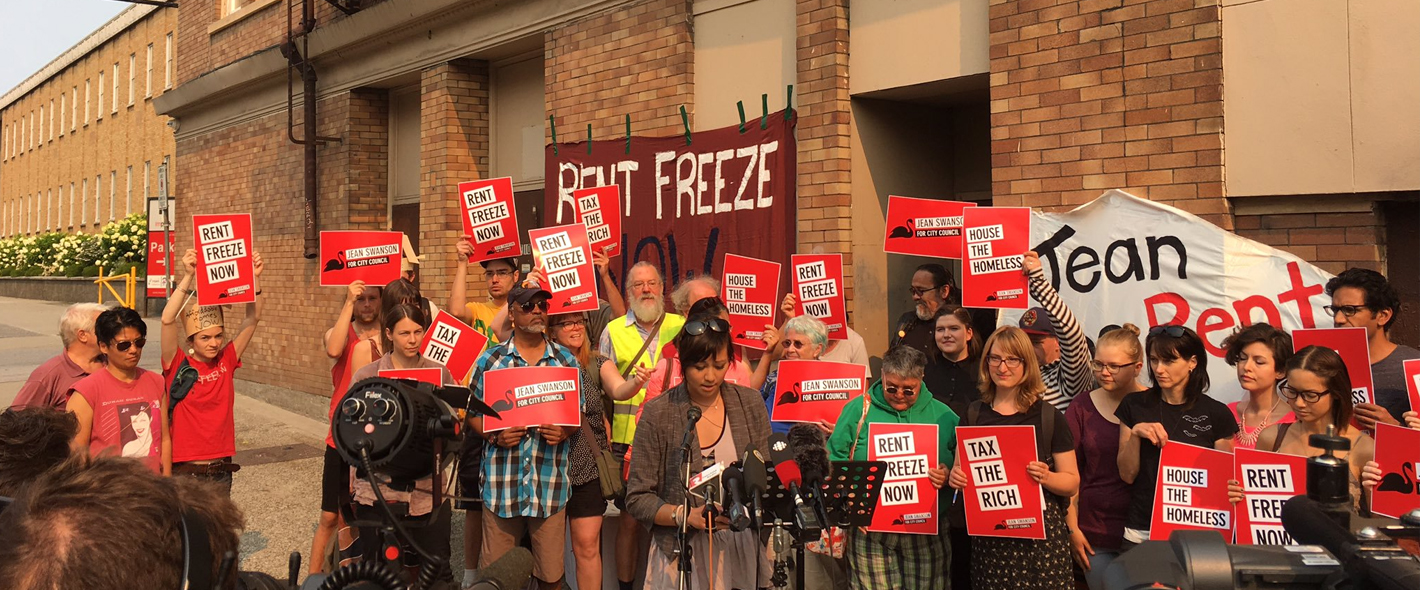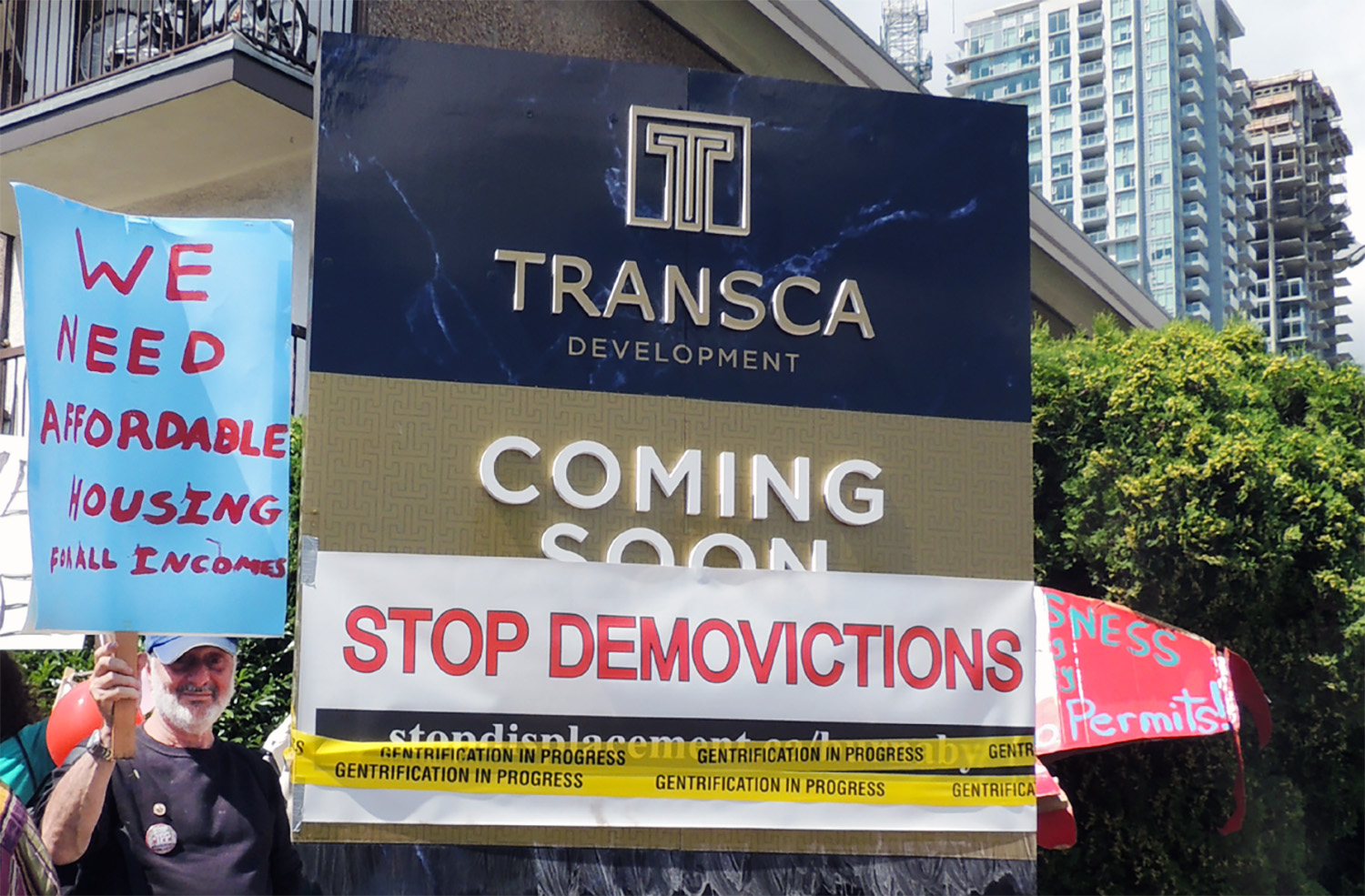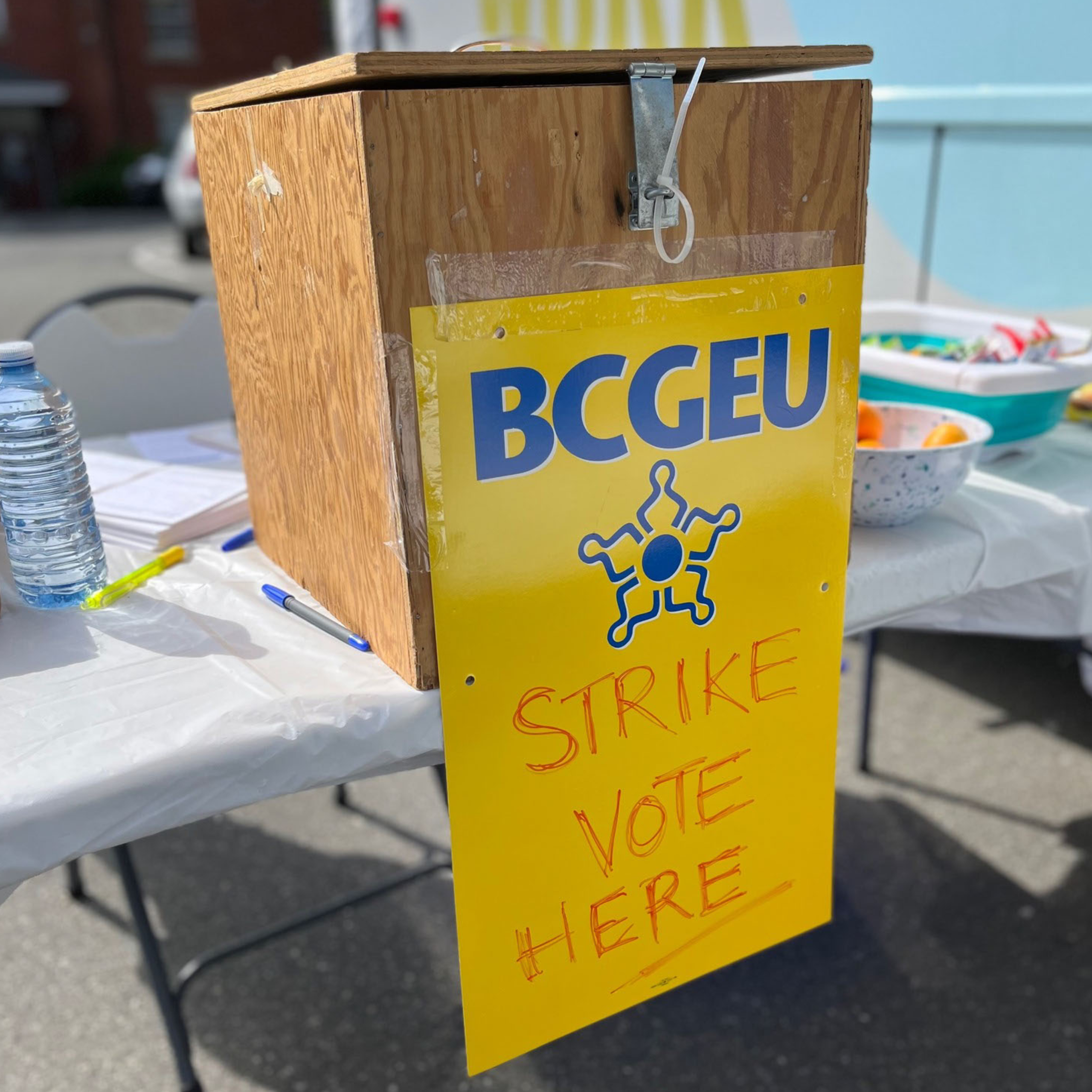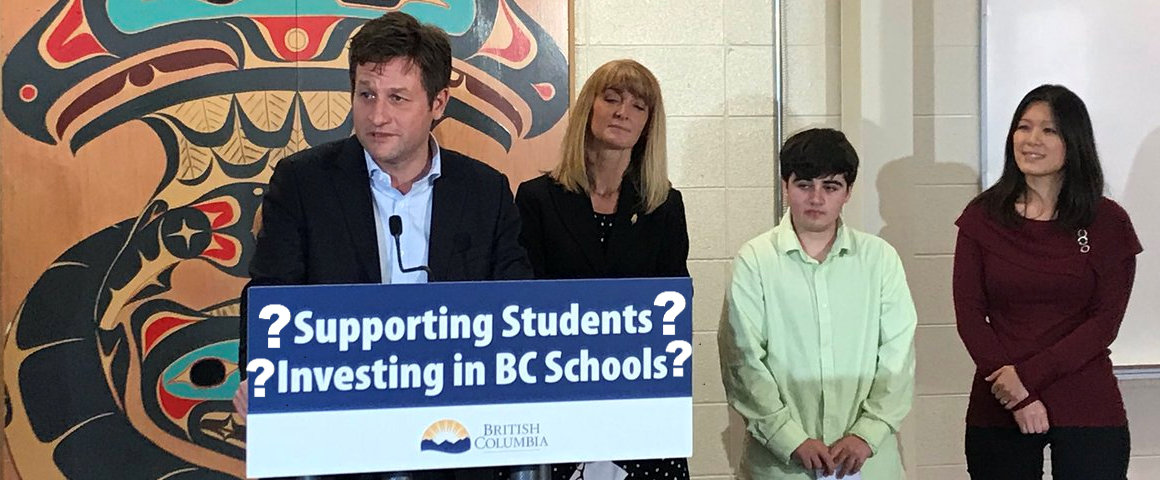PV Vancouver Bureau
Elections for city councils and school boards across British Columbia will be held on Saturday, October 20. As always, local elections are a significant arena of political struggle, especially in major cities where right-wing pro-corporate forces seek to advance the interests of big developers and landlords, resource capital and other elements of the capitalist class.
Traditionally in British Columbia (and the rest of Canada), the working class and its allies have taken part in municipal elections to defend the interests of civic workers and the trade union movement, renters, homeowners, poor people, etc. Similarly, elections for school boards have often been struggles to defend public education and to advance the interests of students, and of teachers and other education workers, against reactionary forces which aim to promote a two-tier, privatized education system.
This year’s civic elections in British Columbia take place under new financing rules, intended to limit the influence of big developers and other capitalist interests. For the first time in two decades, the Liberals – the preferred party of the big monopolies in BC – are not in office in Victoria. Many incumbent mayors and councillors will not stand for re-election, and formerly dominant civic parties face serious challenges. This has created an unusual level of uncertainty over the possible outcome on October 20, and the trade union movement is seeking to help elect more labour-friendly local politicians, who put the interests of big developers ahead of the needs of working people.
As often happens, Vancouver is the focus of particular media interest, and this is also the city with the longest tradition of progressive civic alliances. A growing mood of public antagonism towards the incumbent Vision Vancouver party, and a lack of enthusiasm for the NPA, the traditional favoured party of the city’s business elite, has led to the emergence of new civic parties and a few serious independent campaigns. The outcome is quite unpredictable.
The Vancouver and District Labour Council put considerable effort into developing a list of recommended candidates to minimize “vote-splitting” on the centre-left of the spectrum. For the first time since the emergence of Vision, the VDLC did not endorse that party’s mayoralty candidate (Ian Campbell, who subsequently withdrew from the campaign), instead backing independent Kennedy Stewart, the current NDP MP for Burnaby-South. The VDLC did back most of the Vision candidates for council, school board and park board, and also endorsed all of One City’s candidates, along with several from COPE and the Greens.
Fortunately, the political right is also seriously divided, with several pro-business parties fielding candidates: the NPA, Yes Vancouver, Vancouver First, and Coalition Vancouver.
But the VDLC’s former political strength has been limited by the new financing regulations, and by the decline of public support for Vision. Many working people correctly identify Vision’s policy of promoting condo expansion as a factor in skyrocketing housing prices. While Vision’s policies on certain issues are progressive in comparison to the NPA, there is a widespread view that the party backs the interests of big developers at the expense of working people.
In this complex situation, People’s Voice is urging support for Kennedy Stewart for mayor, as the independent candidate with the best chance to defeat the main right-wing parties.

For City Council, we are endorsing One City candidates Christine Boyle and Brandon Yan, COPE candidates Jean Swanson, Derrick O’Keefe, and Anne Roberts, and independent Sarah Blyth, who has a strong track record as a fighter for working people and the poor.
For Vancouver School Board, our support goes to long-time Vision incumbent Alan Wong, plus three One City candidates Carrie Bercic (who quickly earned a reputation as the strongest trustee on the Board since winning a seat in a byelection last fall), Erica Jaaf, and Jennifer Reddy, and COPE candidates Diana Day and Barb Parrot. There are rumours that former TV news host Tamara Taggart may run as an independent; Taggart is a fierce advocate for disadvantaged students, and would also make a great trustee.
For Park Board, we urge support for two excellent COPE candidates, Gwen Giesbrecht and John Irwin.
These recommendations add up to less than the number to be elected at each level. Our view is that in the current situation, the best way to elect a large number of progressives is to “plump” for the best candidates.
More about BC civic election campaigns in our next issue.




